Category: Branches of Philosophy
-
What Did the Pre-Socratics Actually Believe?
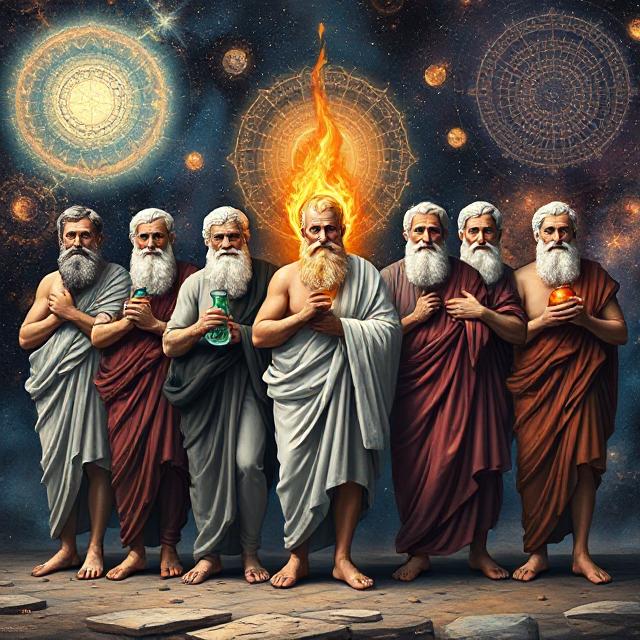
Pre-Socratic Beliefs: Origins of Western Thought Before Socrates ever posed his famous questions in the agora of Athens, a diverse group of thinkers were already asking bold questions about the nature of reality, knowledge, and existence. These early thinkers are called the Pre-Socratics, not because they were unimportant, but because their work predates Socrates and…
-
Influence of Socrates on Modern Critical Thinking
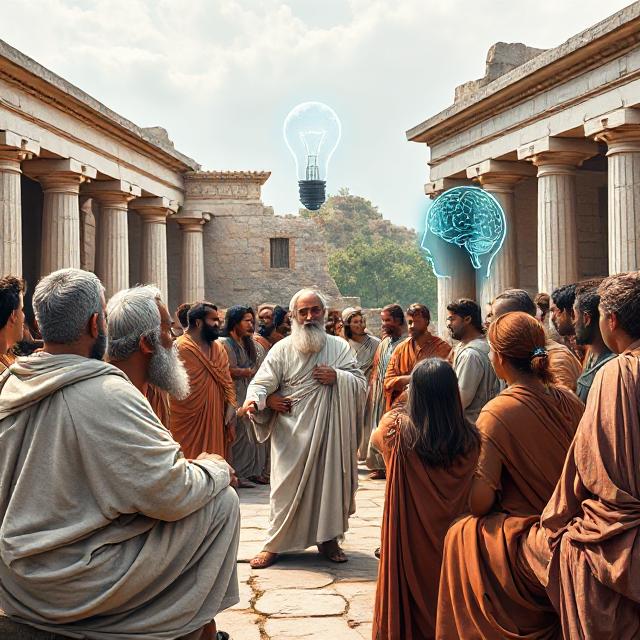
Socrates Critical Thinking: Origins of a Method Socrates didn’t write books. He didn’t build a school. Yet more than two millennia later, his legacy thrives in classrooms, courtrooms, and public debates. Why? Because Socrates didn’t just teach people what to think—he taught them how. The Socratic method, or elenchus, laid the foundation for critical thinking…
-
Simpson’s Paradox: How Statistics Deceive
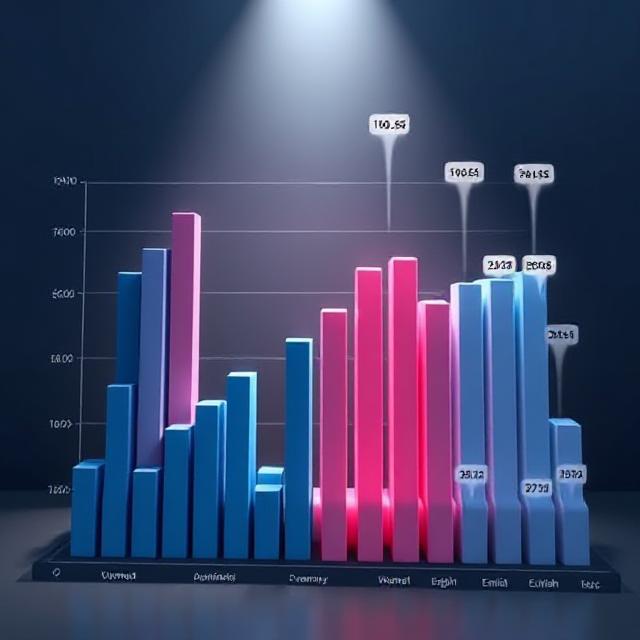
Simpson’s Paradox: How Statistics Deceive and Mislead Simpson’s Paradox is a statistical phenomenon where a trend that appears in several different groups of data disappears or reverses when the groups are combined. This paradox is not just a mathematical curiosity—it has real-world implications in medicine, social science, public policy, sports, and business. So how can…
-
Sorites in Terms of Coffee Cups: One Drop at a Time

Sorites Paradox: Coffee, One Drop at a Time Imagine you have a full cup of coffee. You remove one drop. It still looks full. Remove another—still seems full. Keep going. Eventually, there’s nothing left. So: at what exact point does your full cup of coffee become empty? This is the Sorites Paradox, a classic philosophical…
-
Paradox of Omnipotence: Can God Create a Rock He Can’t Lift?
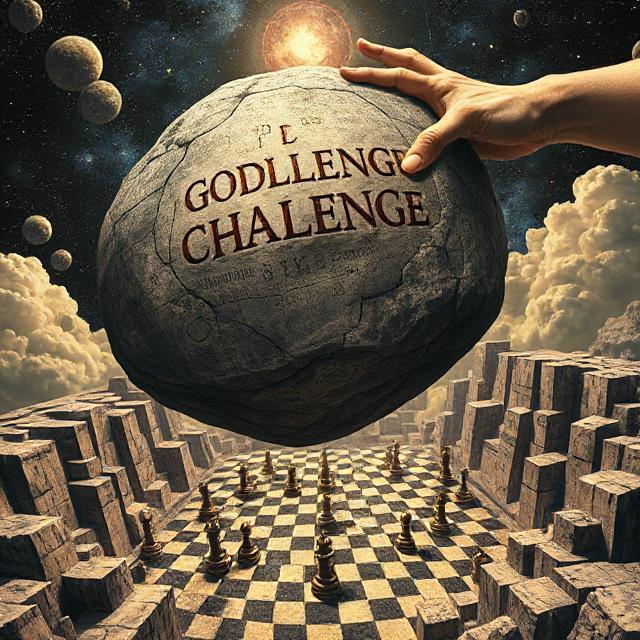
Paradox of Omnipotence: Can God Create a Rock He Can’t Lift? The Paradox of Omnipotence is one of the most enduring and fascinating questions in theology and philosophy. It asks a simple but explosive question: “Can an all-powerful God create a rock so heavy that even He cannot lift it?” This question seems to put…
-
Paradox of Value: Why Water Is Cheap, Diamonds Aren’t
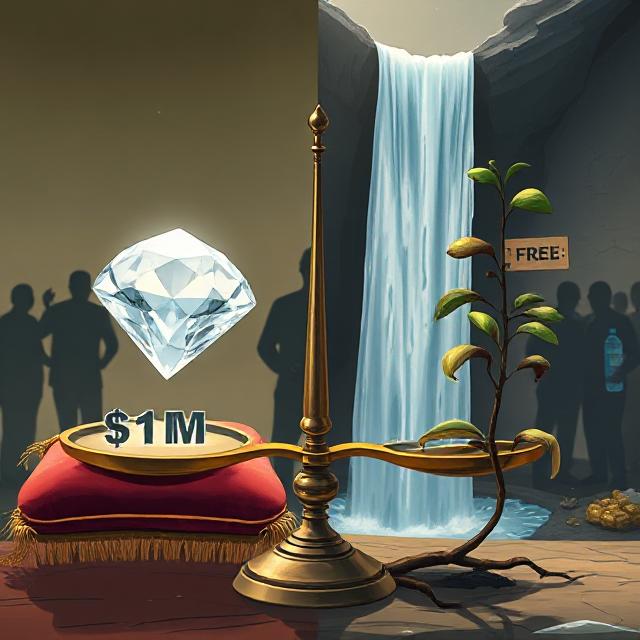
Paradox of Value: Why Water Is Cheap, Diamonds Aren’t The Paradox of Value, sometimes called the Diamond-Water Paradox, is one of the oldest puzzles in economics and philosophy. It asks a seemingly obvious but deeply perplexing question: Why is something essential like water cheap, while something non-essential like diamonds is expensive? This contradiction strikes at…
-
Zeliger’s Paradox: Infinite Regress of Causes
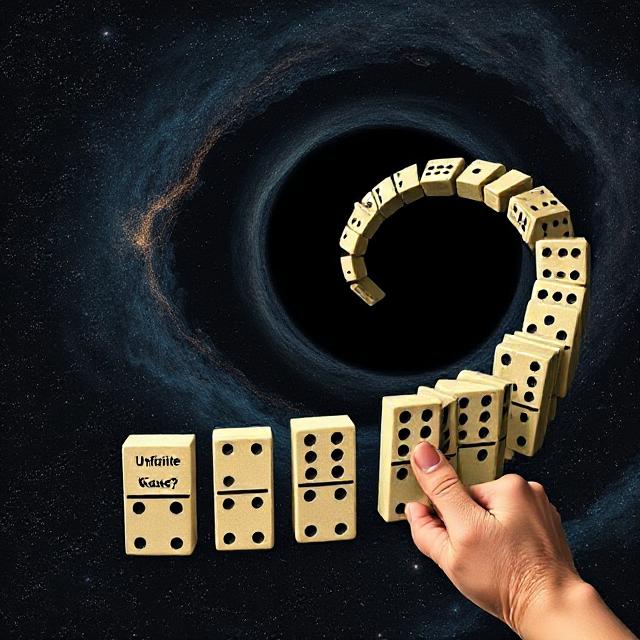
Zeliger’s Paradox: Infinite Regress of Causes At the heart of every explanation lies a question: Why? Why did this event happen? Why does the universe exist? Why do we experience anything at all? In seeking answers, philosophers often stumble upon the elusive specter of infinite regress. One such haunting formulation is Zeliger’s Paradox, which confronts…
-
Paradox of the Ravens (Hempel’s Paradox)
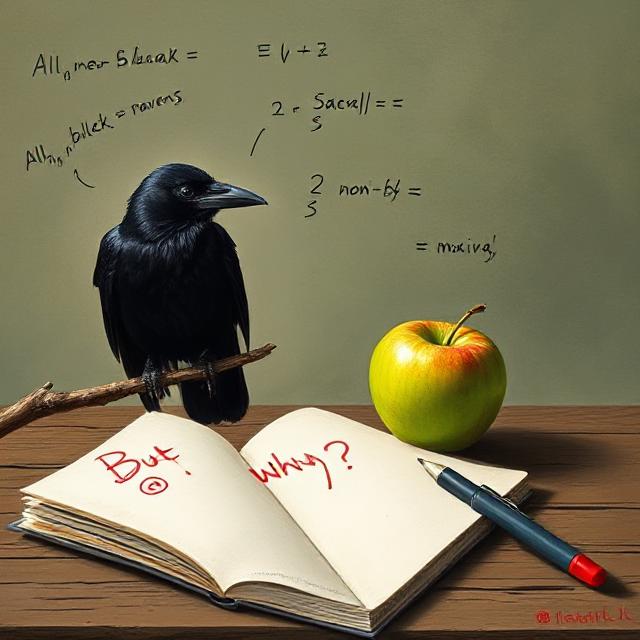
Paradox of the Ravens (Hempel’s Paradox) The Paradox of the Ravens, also known as Hempel’s Paradox, is one of philosophy’s most baffling logic puzzles. It challenges our basic intuitions about evidence, reasoning, and the nature of confirmation. At first glance, the paradox seems silly—how could seeing a green apple tell us something about black ravens?…
-
Paradox of Choice: Why Too Much Choice Paralyzes

Paradox of Choice: Why Too Much Choice Paralyzes Imagine standing in the cereal aisle, surrounded by dozens of boxes, colors, flavors, and health claims. You came for something simple—yet ten minutes later, you’re frozen, overwhelmed, second-guessing. This isn’t indecision. It’s the Paradox of Choice in action: the counterintuitive idea that more choices can actually make…
-
Newcomb’s Problem: Prediction vs. Free Will

Newcomb’s Problem: Prediction vs. Free Will Imagine this: a mysterious predictor—perfectly accurate in all previous cases—offers you a strange choice. Before you are two boxes: You may take only Box B, or both Box A and Box B. The catch? The predictor has already made a decision. If they predicted you would take only Box…
